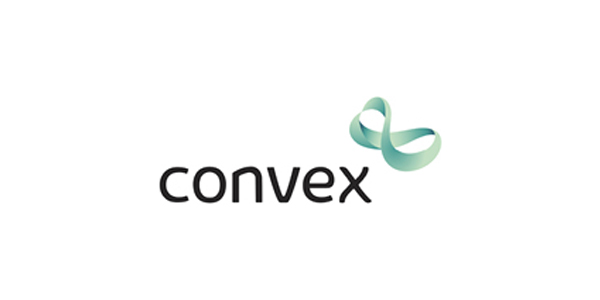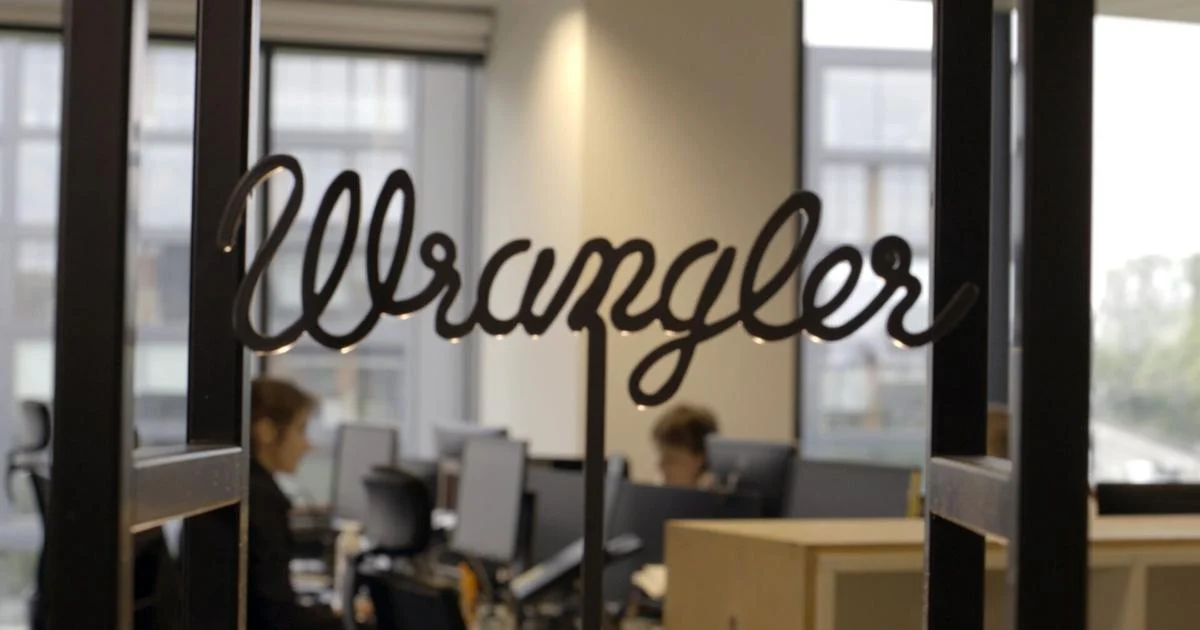Copyright forbes

WASHINGTON, DC - A variety of Oreo cookies (pina colada, cherry cola, lemon, peanut butter, kettle corn, mint, birthday cake and original) photographed in Washington, DC. (Photo by Deb Lindsey For The Washington Post via Getty Images). The Washington Post via Getty Images Most brands are still working hard to identify ways to grow. However, markets are evolving, systems are tightening, and consumers are rewriting the rules of engagement, making it harder for brands to rely on the same playbooks that drove results for years. These days, marketers are having to rework things with their marketing mix to keep up with a shifting market. The rise of influencers, the love of short-form content, or the growing preference for authentic, less polished media are all reshaping how brands show up. Even the platforms consumers frequent, and the ways they prefer to engage, are changing faster than many brands can adapt. When it comes to systems, the tools and infrastructure behind marketing are evolving, too. Mondolez, the maker of Oreos is investing $40 million in an AI platform designed to reduce ad production and other marketing costs by 30% - 50%. Kraft Heinz and Coca-Cola are already using AI to create some of their ad campaigns. Meanwhile, the ad-tech ecosystem is under strain. The common practice of floating payments to publishers, while waiting longer for ad dollars to clear brands who are having to manage their cash flow through all of this. And of course, you can’t ignore the shifts in consumers themselves. There’s the shifting demographics of the population. And along with that, many consumers are leaning more heavily into their identities, and infusing that as part of their decision making process. Consumers are also less likely to assimilate to “fit in,” and are expecting brands to acknowledge the ways in which consumers are different, rather than treating everyone as if they are the same. In addition, consumers are making decisions in different ways. For instance, consumers are leaning more heavily into making decisions based upon values. One study showed that 82% of consumers make decisions this way. I was in a Reddit thread looking at what people were saying comparing two products. One person responded who a brand was owned by, and that was enough to change the mind of a number of people in the thread to not buy that product, because they didn’t feel their values aligned with the company ownership. MORE FOR YOU Brands Can’t Afford To Use The Same Marketing Playbook Because of all these shifts, many brands are starting to feel the impact on their bottom line. Advertising costs are higher, conversions are lower, and previous tried and true channels aren’t yielding the results they once were. One report showed that 75% of performance marketers were seeing diminishing returns on their paid ad spend. With so much change, it only makes sense that the marketing playbook has to evolve. But that isn’t happening at the pace that it should. Too many brands are stuck in a “this is how we’ve always done it” type mindset. But unfortunately, that way of thinking is leading to diminishing returns and irrelevance all at the same time. That’s a combination that spells trouble for the business in the long-term. Smart marketers are evolving and innovating. They recognize that the risk of following the same less effective playbook is greater than adapting to the change and finding new ways to give today’s customers what they crave, in a market that continues to shift. The good news is that you don’t have to throw your existing playbook out the window completely. Instead, take the opportunity to refocus on your customer. Let your ideal customers, and their identities, needs, and preferences, be your guide. Doing so, may mean reevaluating completely what customer groups you should even be focusing on. Some brands are turning their focus to growth communities, the demographic and cultural segments driving disproportionate influence, gross domestic product growth, and business results in a greater way than “general market” audiences have in the past. And the brands that are engaging these communities successfully, are finding that consumer-led playbooks are much more impactful and effective. And that revised playbook are relevant, and future-proofed, because they aren’t set in stone. They are easily adaptable with the ways in which your consumers evolve. While as a brand, you can’t control all the changes happening around you that is impacting your business, you can control how you respond to them. The brands that win won’t be those with the flashiest tech or biggest budgets—they’ll be the ones closest to their customers, adapting with empathy and speed as the world continues to evolve. Editorial StandardsReprints & Permissions



